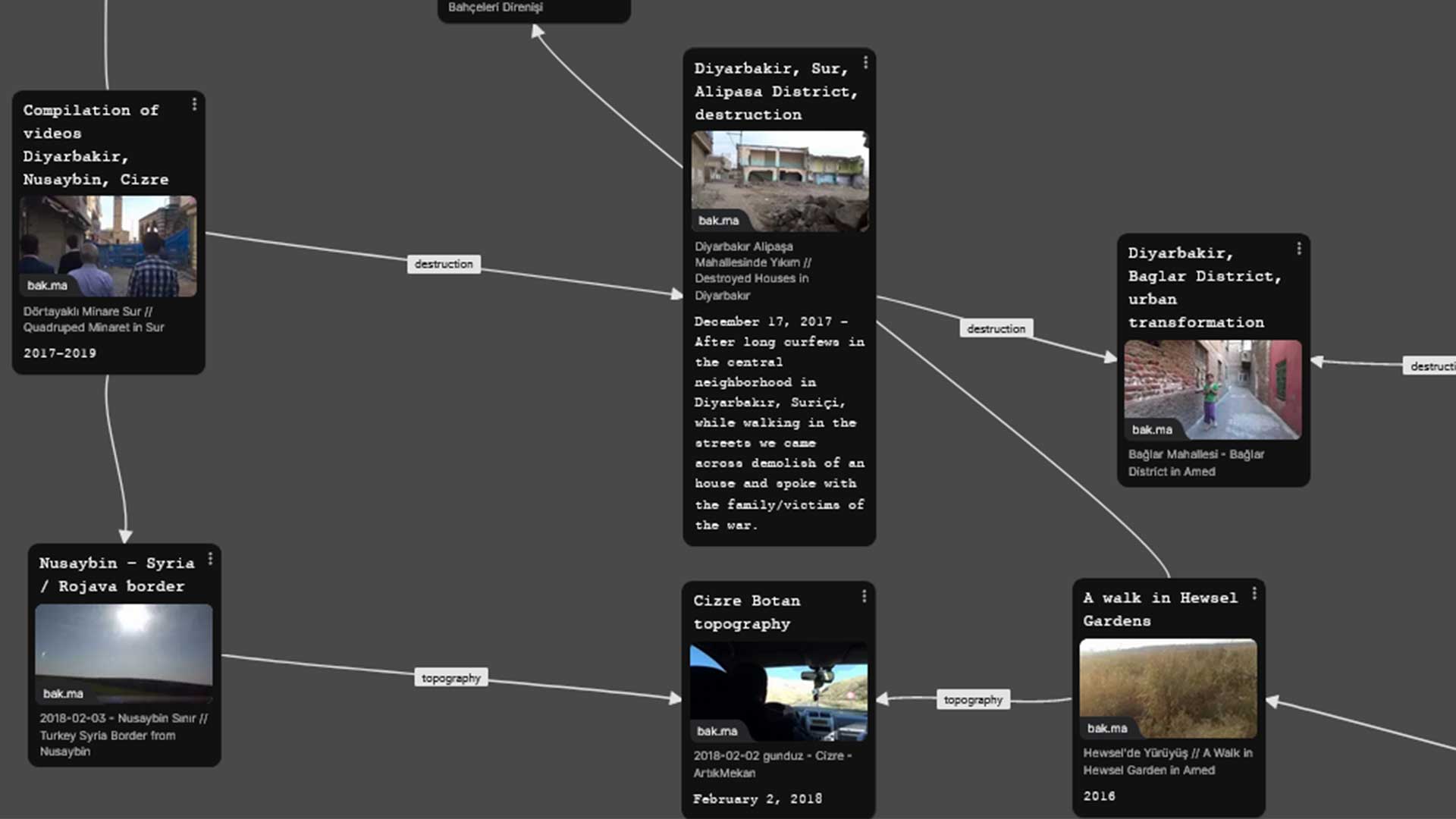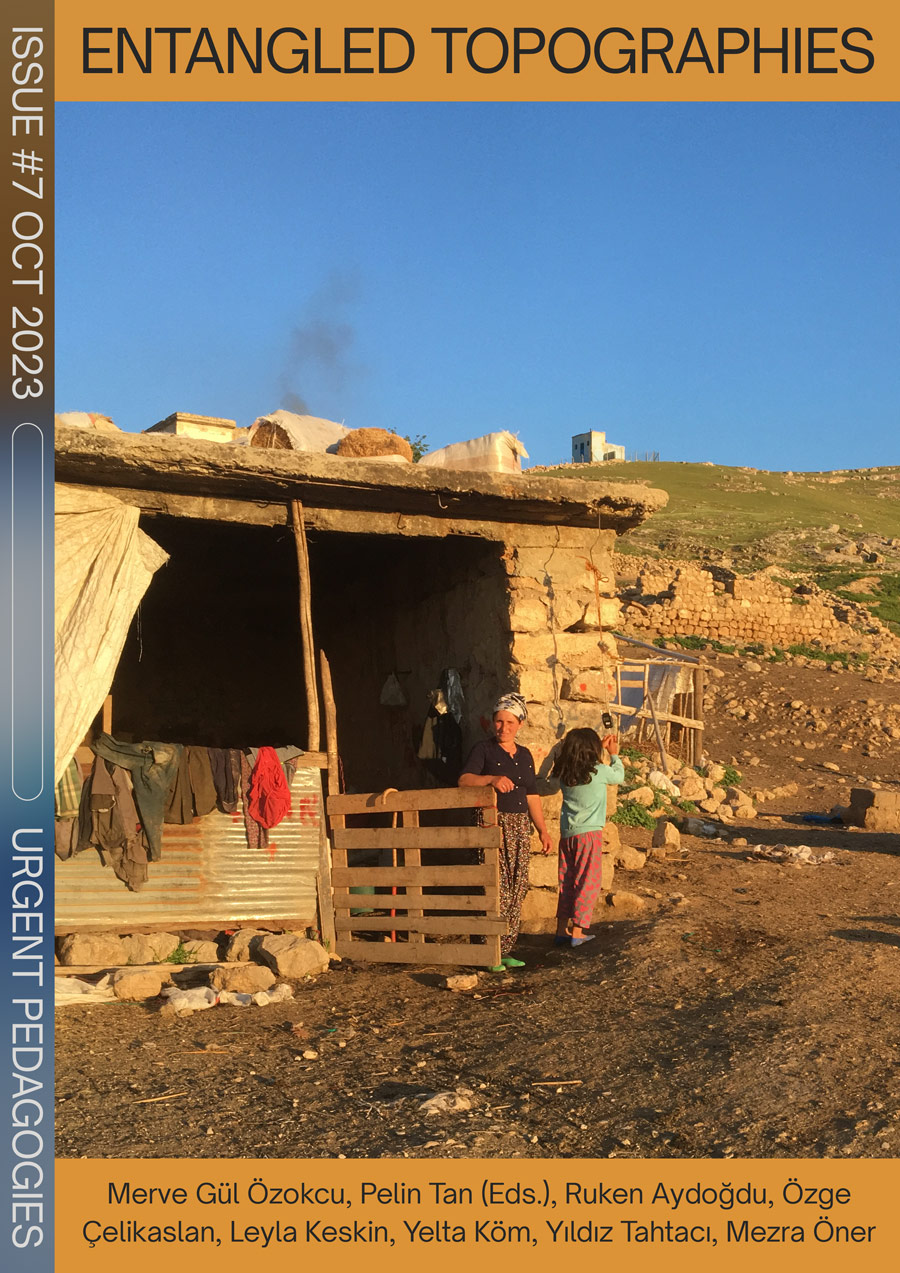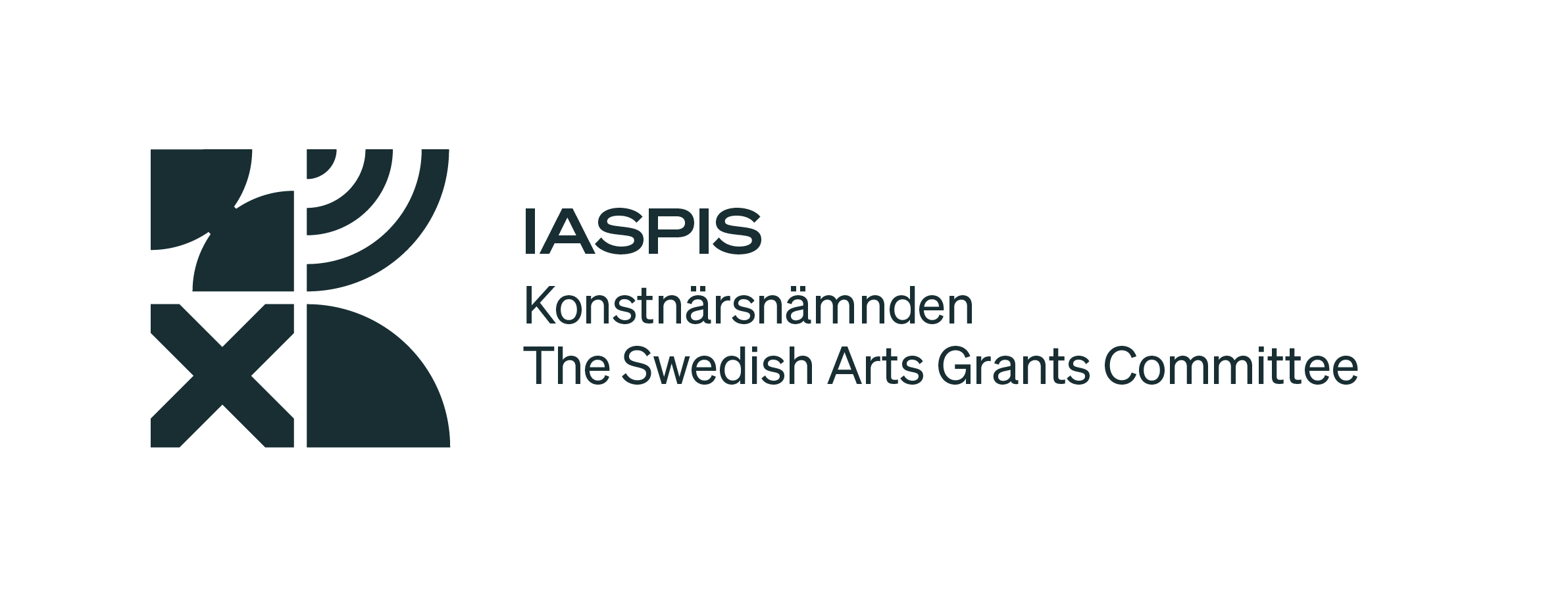Archiving Spaciocide: Video — Topographies
Pelin Tan and Özge Çelikaslan
CATEGORY
“…but an ancient land belonging to others, where life has the anguish of exile? “
P.P. Pasolini.
The practice of archiving is related to writing history, to the organisation and categorisation of society’s artefacts, and it has also been related in the past to a practice of hegemonic colonial control. An image, either photographic or moving image, is always in dispute with testimony and evidence. The question remains, provided recent collective practices including open-source materials and many cases of human rights violations in public spaces – how is it possible to create archives that present an ongoing action as well as a collective resource of videograms that claims an autonomous instituent structure? The videos provide the residuals of each of the subjectivities that create everyday assemblages. These assemblages are videograms of residual waste, as in Mbembe’s words:” …something distorted, clumsy, debased and unworthy” [1] and a surplus of the images of everyday life of the topographies of violence and destruction that continuously try to attempt to decolonise the image regime.
Spaciocide is a term that uses the tool of spatial extractivism, and rescales the urban space that aims to segregate communities, justifying the expropriation of the properties of lands, forced eviction, and destroying the socio-spatial network. Landscapes and topographies are the main elements in militarising or transforming/reshaping them for the sake of surveillance and control through extraction.
The assemblage of this video archive connects many spaces in the Southeast of Turkey focusing on the towns Diyarbakır, Batman, Mardin, Nusaybin, Midyat, Lice and others. This digital archive also invites the audience to connect the videos and information about the residuals spaces and decolonial narratives.

Cropped displays of Archiving Spaciocide with Video-Topographies by Pelin Tan and Özge Çelikaslan, 2022 https://padlet.com/mardin2021/videotopographies
Archiving Spaciocide: Video – Topographies is part of Urgent Pedagogies Issue#7: Entangled Topographies
1.
Mbembe, Achille (2015) “Decolonizing Knowledge and the Question of the Archive”, A public lecture given at the Wits Institute for Social and Economic Research (WISER), University of the Witwatersrand (Johannesburg). p.15
is a practitioner-researcher specialising in collaborative media production, participatory audiovisual research methodologies, audiovisual heritage of social movements, and media historiography. She has been involved in projects that foster collective filmmaking, visual ethnography of local and urban transformation, political conflicts in border zones, and autonomous trans-media. She is co-founder of the digital media archive of social movements bak.ma that emerged in the Gezi Park protests (2013). She is co-editor of the books; Surplus of Istanbul (2014, free pub.) and ‘Autonomous Archiving’ (dpr-barcelona 2016, 2020), and she has contributed to publications on film, video, activism, and archiving.
Pelin Tan is the 6th recipient of the Keith Haring Art and Activism and a Fellow of Bard College of the Human Rights Program and Center for Curatorial Studies, NY, 2019-2020. She is a sociologist/art historian/film director based in Mardin and is currently a Professor in the Fine Arts Faculty of Batman University, Turkey. Pelin Tan is a Senior Fellow of the Center for Arts, Design and Social Research, Boston; and a researcher on Space and Anthropocene at the Architecture Faculty, University of Thessaly, Volos (2021-2026). She is a lead author of the Urban Society report edited by Saskia Sassen & Edgar Pieterse (Cambridge Univ.Press, 2018). Along with Anton Vidokle, Tan got the Sharjah Film Platform grant for their current short film “Gılgamesh: Who Saw the Deep” (2022).
Archiving Spaciocide with Video-Topographies by Pelin Tan and Özge Çelikaslan, 2022 https://padlet.com/mardin2021/videotopographies

